His eating disorder manifested in November 2014 while he toured with One Direction. “It wasn’t as though I had any concerns about my weight or anything like that, I’d just go for days — sometimes two or three days — without eating anything at all,” he wrote in the book. “It got quite serious, although at the time I didn’t recognize it for what it was. I think it was about control. I didn’t feel like I had control over anything else in my life, but food was something I could control, so I did.” While Malik’s confession definitely astounded those who’ve followed his career, it also continued breaking down the stigma around men and eating disorders. Zayn Malik – Flickr/Javierosh/2.0 However, eating disorders are often considered a “women’s problem,” according to Claire Mysko, NEDA’s CEO. “When the eating disorders field began to emerge in the 1970s, it focused almost exclusively on women and that bias continues even today,” she told Revelist in an email. “Eating disorders can affect anyone, regardless of gender identity, but they have been stereotyped as a ‘woman’s problem’ that only impacts upper class, white, adolescent girls.” This misconception leads to massive stigma, which prevents many men from seeking treatment. “One common difference is many males would like to be lean and muscular, which typically represents the ideal male body type,” Mysko said. “This can lead to compulsive over-exercise, supplement abuse, as well as binging, purging or restricting food intake. Athletic activities can also put males at risk for developing eating disorders.” She encourages coaches, friends, and family members to look for specific warning signs. “It’s important to remember that you can’t tell if someone has an eating disorder by looking at them, so important signs to look out for are withdrawing from friends and family, avoiding situations revolving around food and sticking to a rigid diet or exercise routine,” she said. Listening to male eating disorder survivors is important too. So, Revelist asked five men what it’s like to have an eating disorder — and be overlooked. I’d also like to make it a point that treatment options are mainly tailored towards women, and that is something that needs to change. I experienced firsthand just how many inpatient treatment facilities, and even outpatient programs, do not admit men. That needs to change, and it needs to change now." And I think just as important is that having an eating disorder does not make you less of a man. Our society dictates certain things of men and women and this is wrong. You should not have to feel you have to be a certain way. The fact eating disorders affect women more is because society unfairly dictates things of them which it doesn’t dictate of men. It being a ‘women’s illness’ is a result of society." Someone even asked my once why I was telling people I had an eating disorder, almost like they were implying I was making something up. It caused me to have even more secrecy and shame, and when people actually started being concerned for me I was so deep in denial I wouldn’t do anything." “It was over a decade before it even occurred to me that I might have an eating disorder; that’s when you have body image issues, isn’t it? I’d always been wiry, bony, and forever feeling inadequately muscular or strong (thanks, toxic masculinity). Why would I restrict? It didn’t make any sense. When I finally asked my doctor, she was baffled. She believed me when I told her it wasn’t about my body — if anything, I wanted to gain weight — but she had never heard of such a case and had no idea what to do. After seeing several experts I realized that nobody had any clue what to do with me; they still don’t. The hardest part of living with my disorder is being an outlier, not fitting the standard script, not knowing if there are others or if anyone will ever learn how to treat me.”
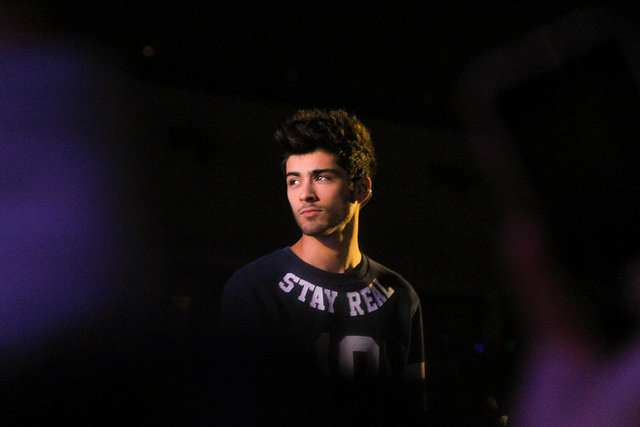
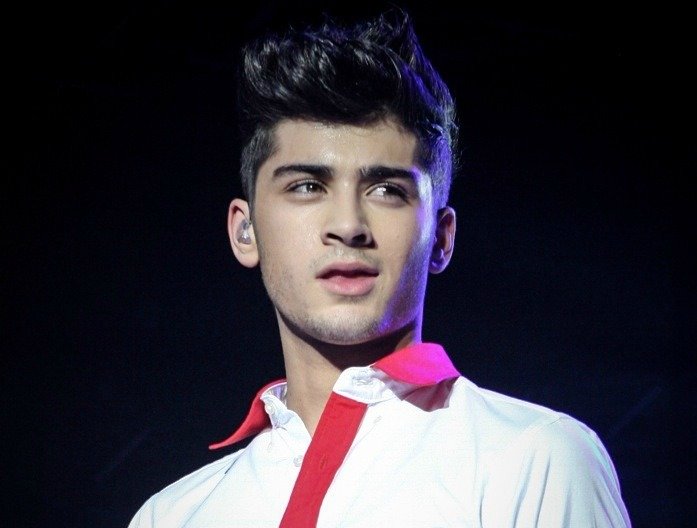
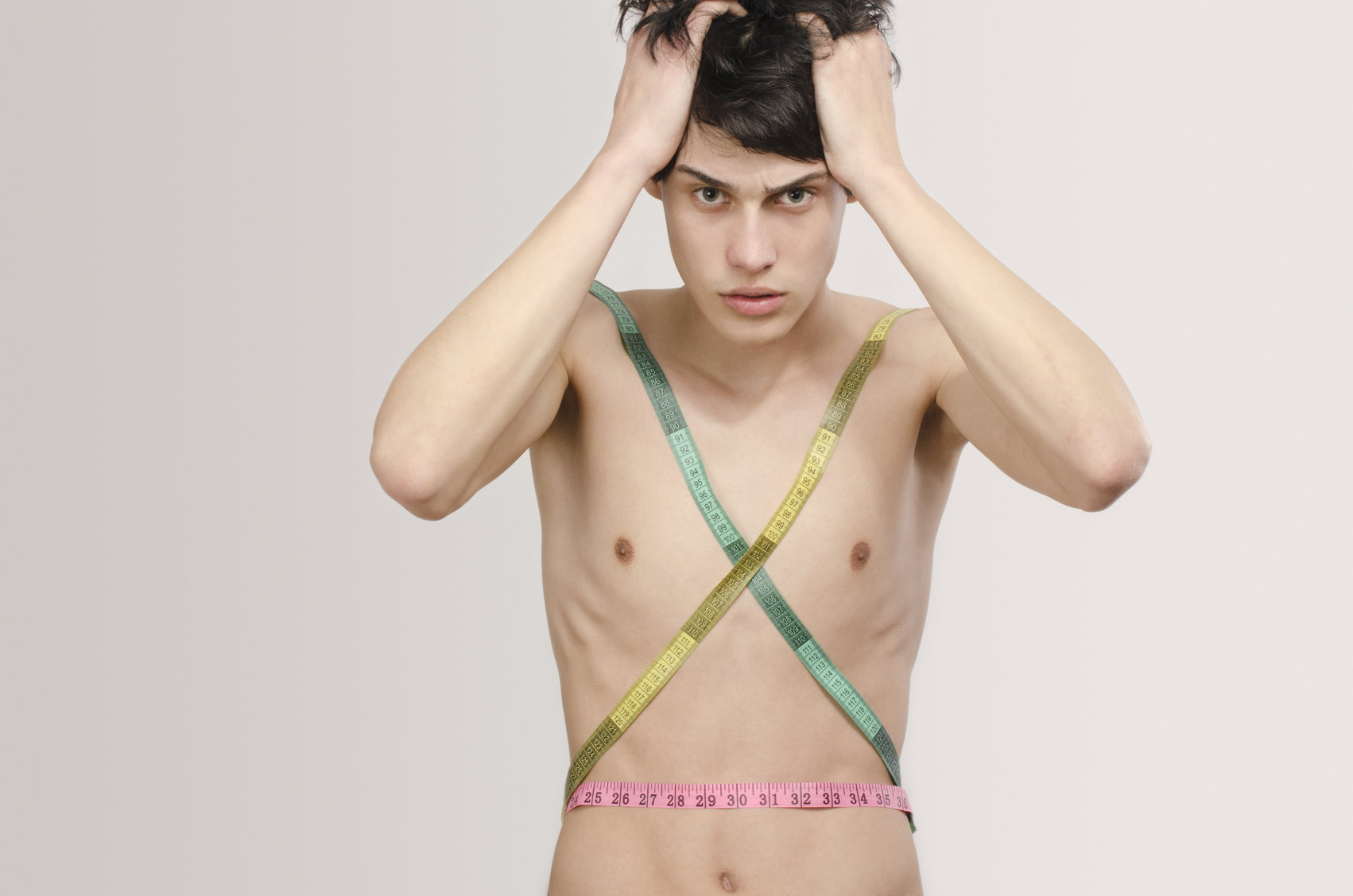
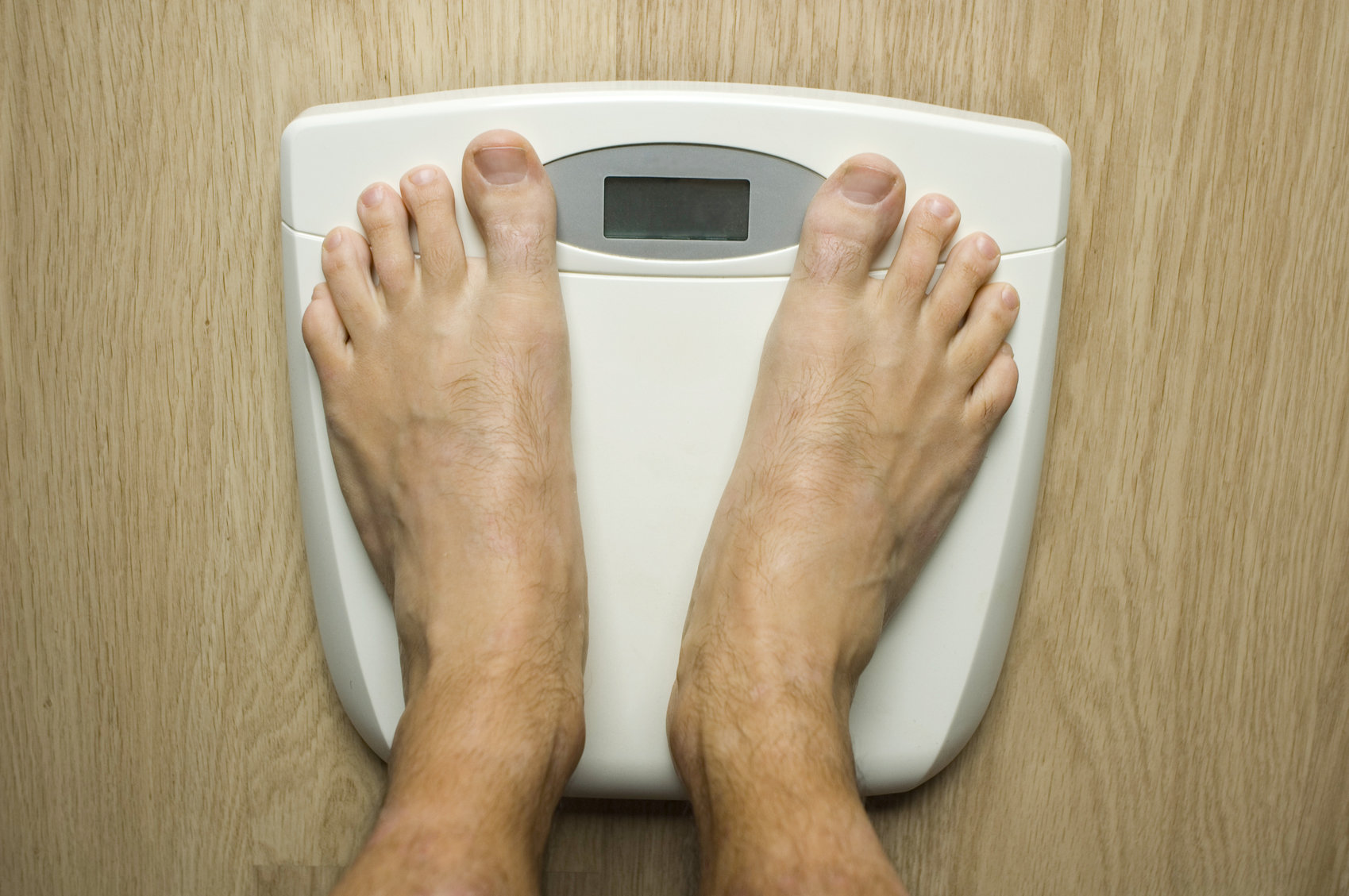
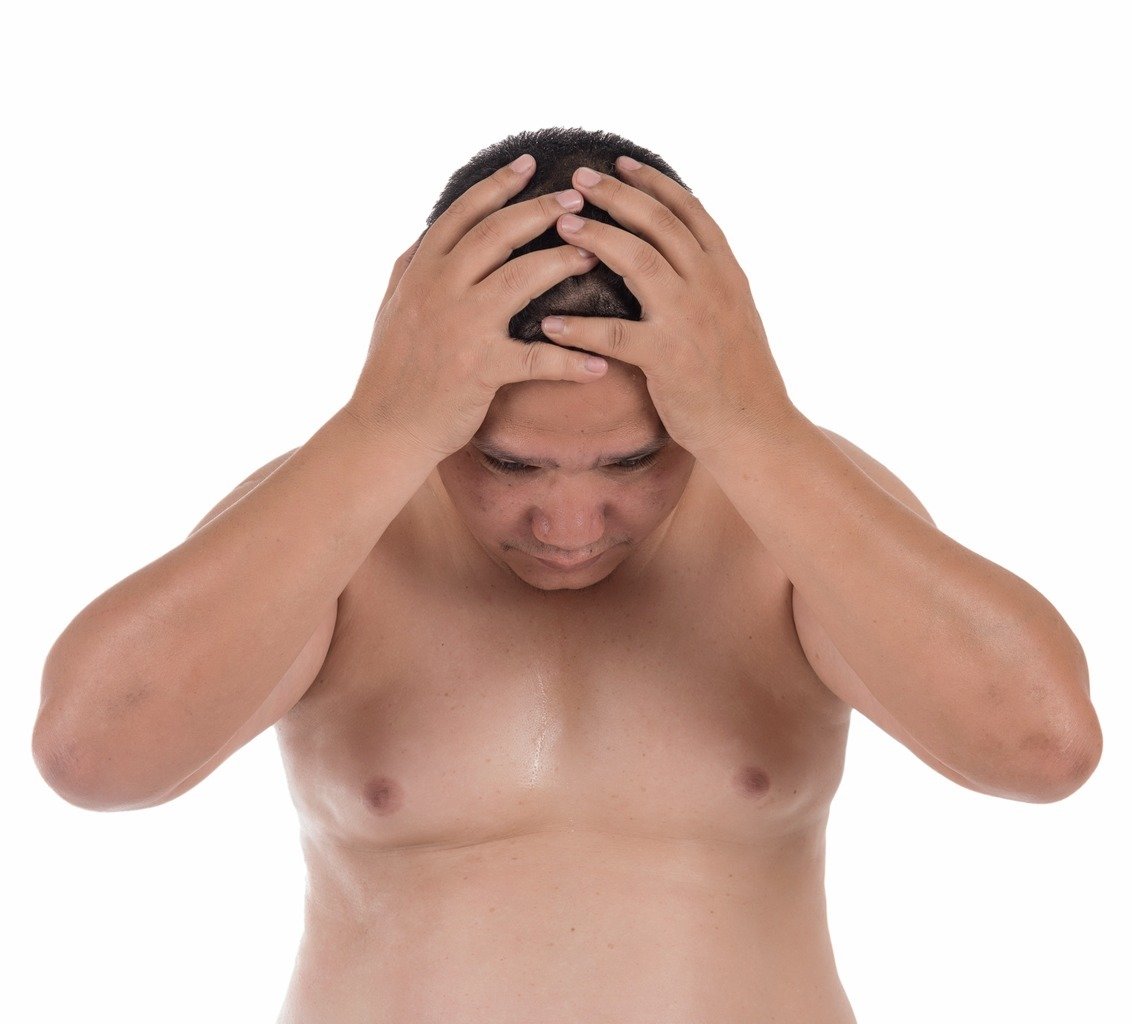

title: “5 Male Eating Disorder Survivors Share What It S Really Like To Be Overlooked” ShowToc: true date: “2024-10-18” author: “Enrique Thompson”
His eating disorder manifested in November 2014 while he toured with One Direction. “It wasn’t as though I had any concerns about my weight or anything like that, I’d just go for days — sometimes two or three days — without eating anything at all,” he wrote in the book. “It got quite serious, although at the time I didn’t recognize it for what it was. I think it was about control. I didn’t feel like I had control over anything else in my life, but food was something I could control, so I did.” While Malik’s confession definitely astounded those who’ve followed his career, it also continued breaking down the stigma around men and eating disorders. Zayn Malik – Flickr/Javierosh/2.0 However, eating disorders are often considered a “women’s problem,” according to Claire Mysko, NEDA’s CEO. “When the eating disorders field began to emerge in the 1970s, it focused almost exclusively on women and that bias continues even today,” she told Revelist in an email. “Eating disorders can affect anyone, regardless of gender identity, but they have been stereotyped as a ‘woman’s problem’ that only impacts upper class, white, adolescent girls.” This misconception leads to massive stigma, which prevents many men from seeking treatment. “One common difference is many males would like to be lean and muscular, which typically represents the ideal male body type,” Mysko said. “This can lead to compulsive over-exercise, supplement abuse, as well as binging, purging or restricting food intake. Athletic activities can also put males at risk for developing eating disorders.” She encourages coaches, friends, and family members to look for specific warning signs. “It’s important to remember that you can’t tell if someone has an eating disorder by looking at them, so important signs to look out for are withdrawing from friends and family, avoiding situations revolving around food and sticking to a rigid diet or exercise routine,” she said. Listening to male eating disorder survivors is important too. So, Revelist asked five men what it’s like to have an eating disorder — and be overlooked. I’d also like to make it a point that treatment options are mainly tailored towards women, and that is something that needs to change. I experienced firsthand just how many inpatient treatment facilities, and even outpatient programs, do not admit men. That needs to change, and it needs to change now." And I think just as important is that having an eating disorder does not make you less of a man. Our society dictates certain things of men and women and this is wrong. You should not have to feel you have to be a certain way. The fact eating disorders affect women more is because society unfairly dictates things of them which it doesn’t dictate of men. It being a ‘women’s illness’ is a result of society." Someone even asked my once why I was telling people I had an eating disorder, almost like they were implying I was making something up. It caused me to have even more secrecy and shame, and when people actually started being concerned for me I was so deep in denial I wouldn’t do anything." “It was over a decade before it even occurred to me that I might have an eating disorder; that’s when you have body image issues, isn’t it? I’d always been wiry, bony, and forever feeling inadequately muscular or strong (thanks, toxic masculinity). Why would I restrict? It didn’t make any sense. When I finally asked my doctor, she was baffled. She believed me when I told her it wasn’t about my body — if anything, I wanted to gain weight — but she had never heard of such a case and had no idea what to do. After seeing several experts I realized that nobody had any clue what to do with me; they still don’t. The hardest part of living with my disorder is being an outlier, not fitting the standard script, not knowing if there are others or if anyone will ever learn how to treat me.”






title: “5 Male Eating Disorder Survivors Share What It S Really Like To Be Overlooked” ShowToc: true date: “2024-10-05” author: “Raymond Gray”
His eating disorder manifested in November 2014 while he toured with One Direction. “It wasn’t as though I had any concerns about my weight or anything like that, I’d just go for days — sometimes two or three days — without eating anything at all,” he wrote in the book. “It got quite serious, although at the time I didn’t recognize it for what it was. I think it was about control. I didn’t feel like I had control over anything else in my life, but food was something I could control, so I did.” While Malik’s confession definitely astounded those who’ve followed his career, it also continued breaking down the stigma around men and eating disorders. Zayn Malik – Flickr/Javierosh/2.0 However, eating disorders are often considered a “women’s problem,” according to Claire Mysko, NEDA’s CEO. “When the eating disorders field began to emerge in the 1970s, it focused almost exclusively on women and that bias continues even today,” she told Revelist in an email. “Eating disorders can affect anyone, regardless of gender identity, but they have been stereotyped as a ‘woman’s problem’ that only impacts upper class, white, adolescent girls.” This misconception leads to massive stigma, which prevents many men from seeking treatment. “One common difference is many males would like to be lean and muscular, which typically represents the ideal male body type,” Mysko said. “This can lead to compulsive over-exercise, supplement abuse, as well as binging, purging or restricting food intake. Athletic activities can also put males at risk for developing eating disorders.” She encourages coaches, friends, and family members to look for specific warning signs. “It’s important to remember that you can’t tell if someone has an eating disorder by looking at them, so important signs to look out for are withdrawing from friends and family, avoiding situations revolving around food and sticking to a rigid diet or exercise routine,” she said. Listening to male eating disorder survivors is important too. So, Revelist asked five men what it’s like to have an eating disorder — and be overlooked. I’d also like to make it a point that treatment options are mainly tailored towards women, and that is something that needs to change. I experienced firsthand just how many inpatient treatment facilities, and even outpatient programs, do not admit men. That needs to change, and it needs to change now." And I think just as important is that having an eating disorder does not make you less of a man. Our society dictates certain things of men and women and this is wrong. You should not have to feel you have to be a certain way. The fact eating disorders affect women more is because society unfairly dictates things of them which it doesn’t dictate of men. It being a ‘women’s illness’ is a result of society." Someone even asked my once why I was telling people I had an eating disorder, almost like they were implying I was making something up. It caused me to have even more secrecy and shame, and when people actually started being concerned for me I was so deep in denial I wouldn’t do anything." “It was over a decade before it even occurred to me that I might have an eating disorder; that’s when you have body image issues, isn’t it? I’d always been wiry, bony, and forever feeling inadequately muscular or strong (thanks, toxic masculinity). Why would I restrict? It didn’t make any sense. When I finally asked my doctor, she was baffled. She believed me when I told her it wasn’t about my body — if anything, I wanted to gain weight — but she had never heard of such a case and had no idea what to do. After seeing several experts I realized that nobody had any clue what to do with me; they still don’t. The hardest part of living with my disorder is being an outlier, not fitting the standard script, not knowing if there are others or if anyone will ever learn how to treat me.”





